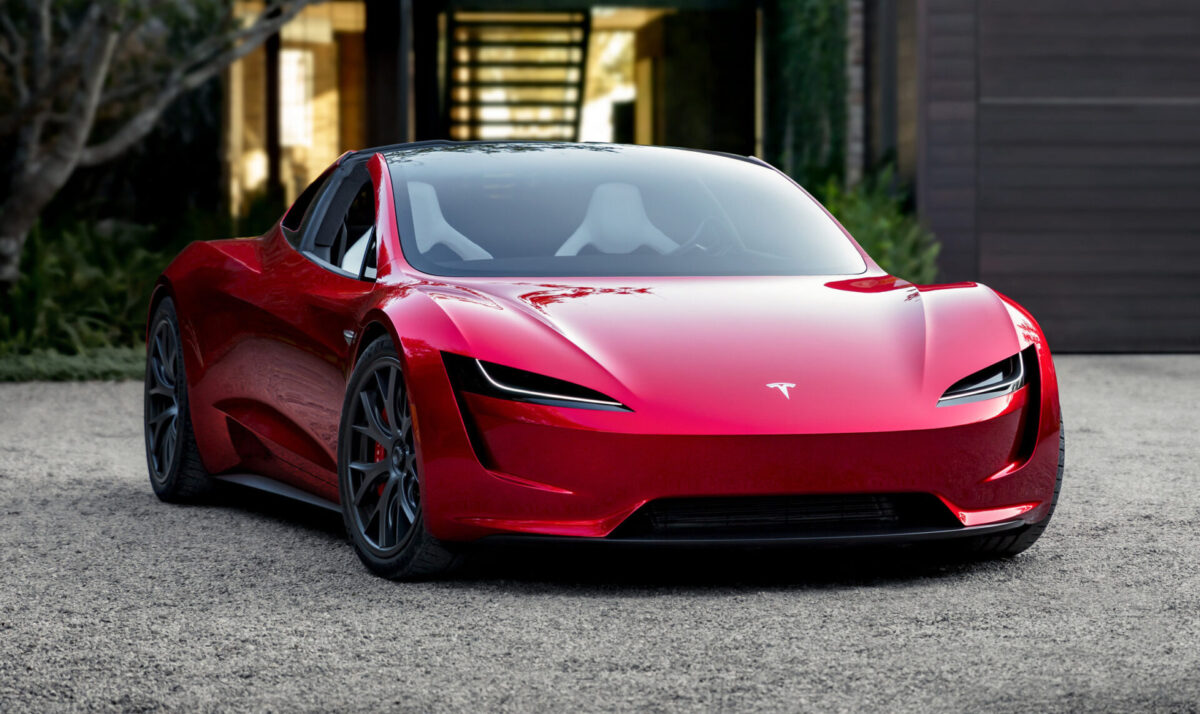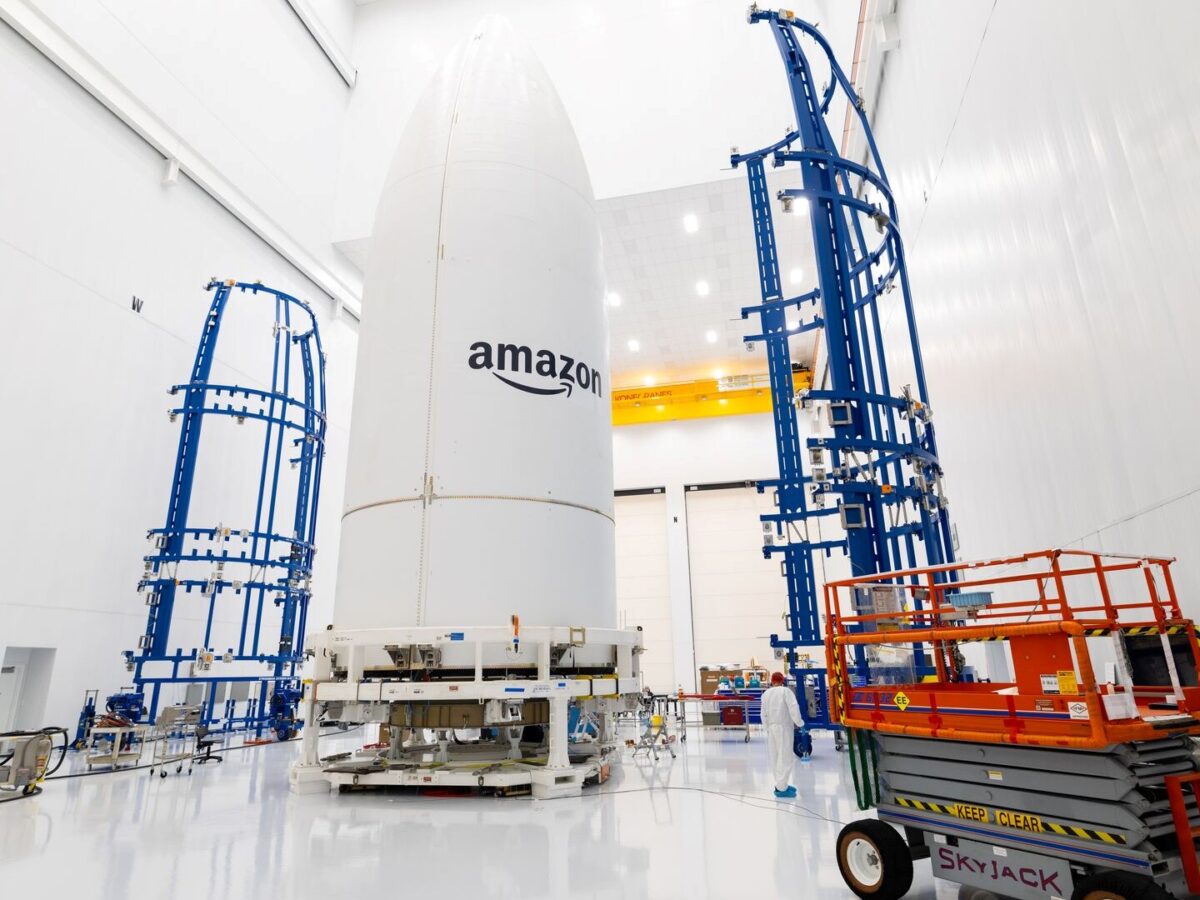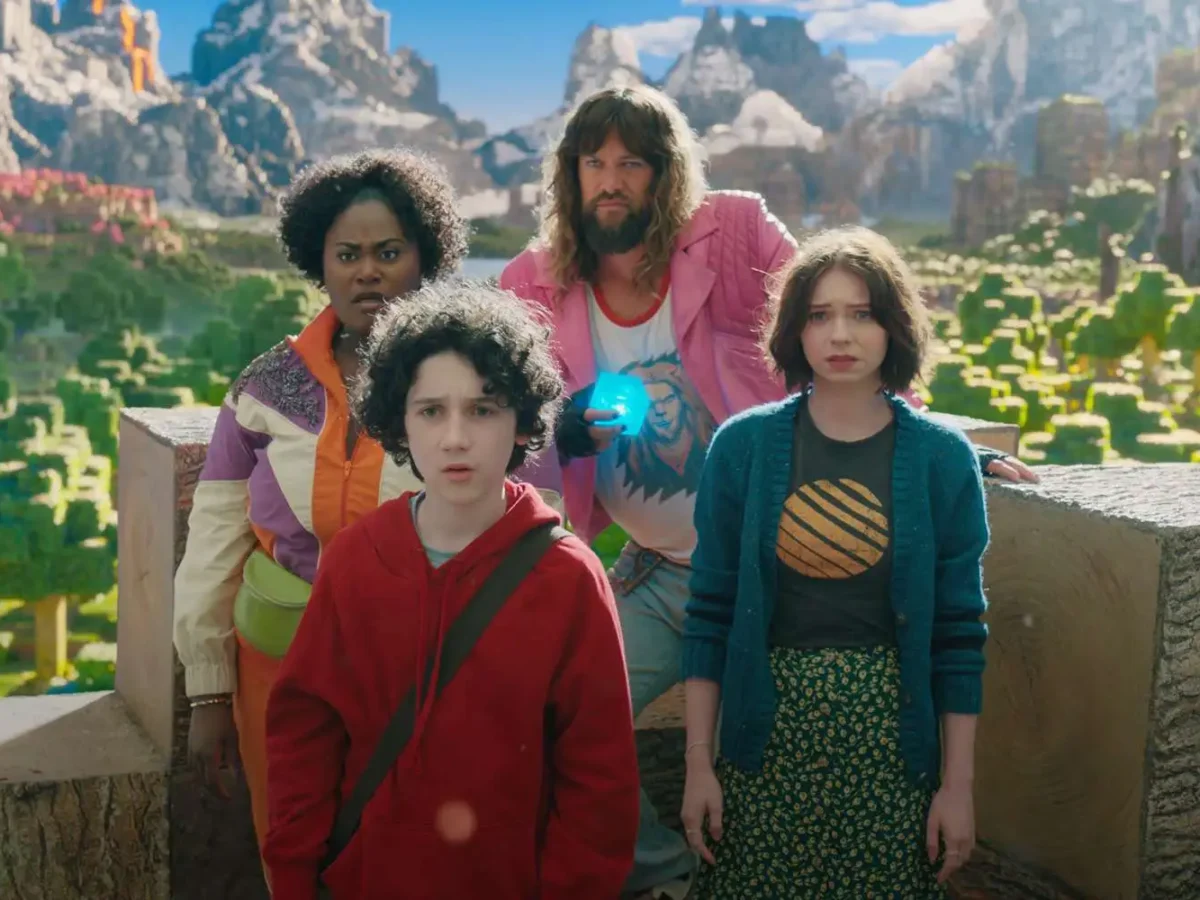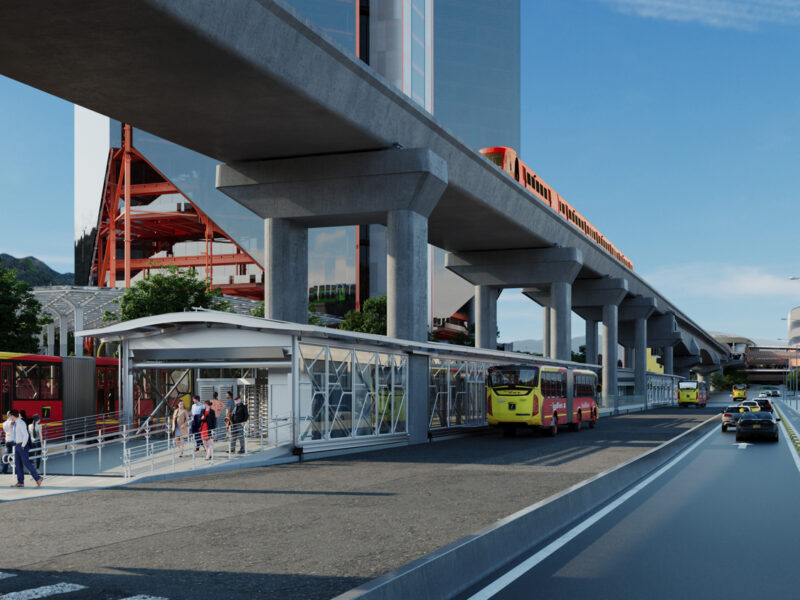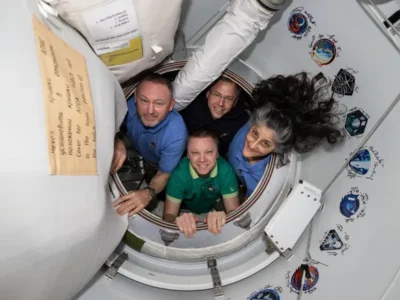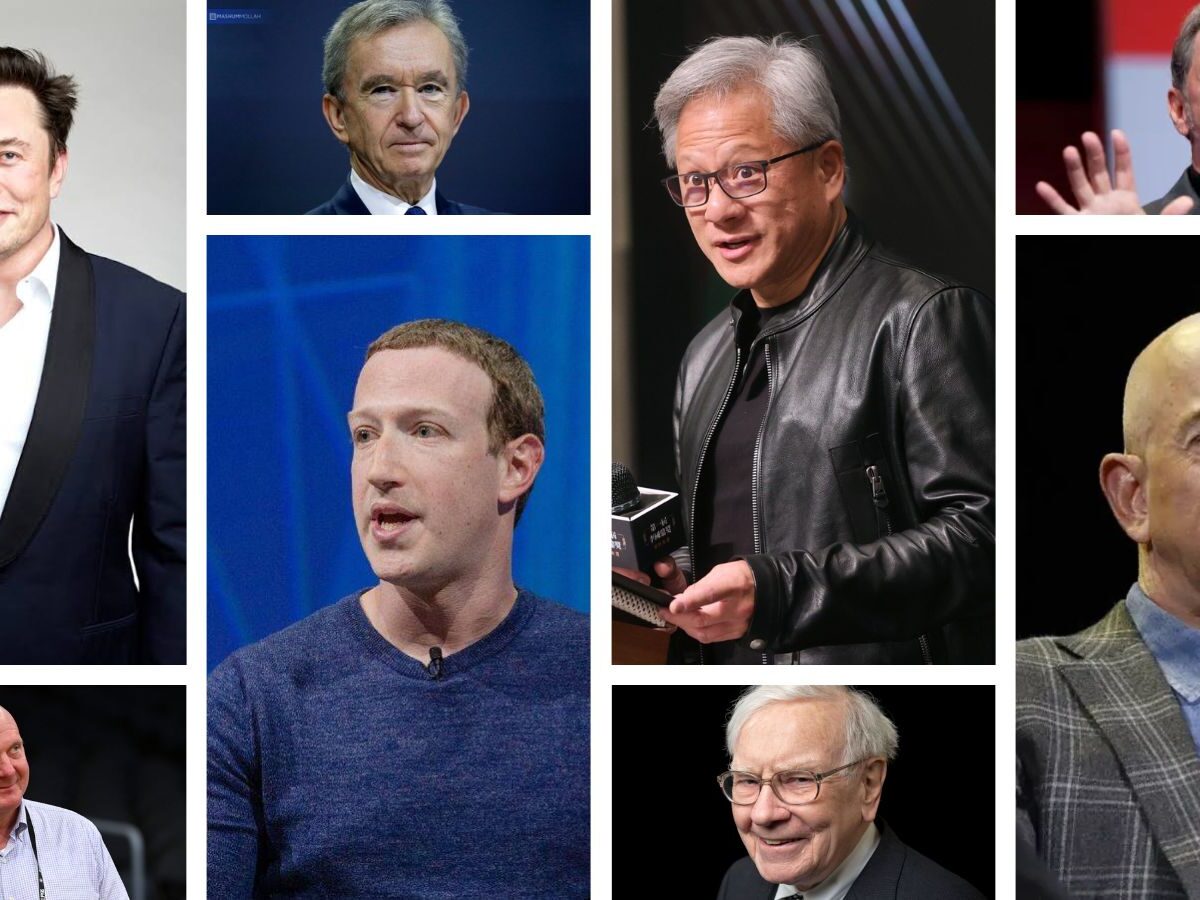A Long-Awaited EV Revolution Facing Uncertainty
The long-awaited Tesla Roadster, initially unveiled in 2017, has faced multiple delays, causing excitement and frustration among automotive enthusiasts. These setbacks come at a time when Tesla is grappling with broader controversies, including backlash in Canada over its Starlink services. Customers in rural areas have voiced frustration over unexpected price hikes and service limitations, which have fueled skepticism about Musk’s ambitious promises across all his ventures. This growing discontent has amplified concerns about Tesla’s ability to deliver on high-profile projects like the Roadster, which remains a distant dream for reservation holders despite its potential to revolutionize the performance EV market. Musk has justified the Roadster’s delay by citing Tesla’s focus on high-impact projects, supply chain disruptions, and the integration of cutting-edge technology. However, the continued postponement has raised questions about its market relevance and impact on Tesla’s position in the electric vehicle (EV) sector.
Tesla’s Prioritization and Industry Ramifications
Musk has emphasized that Tesla prioritizes vehicles that contribute most to its sustainability mission. The Roadster, a high-performance luxury EV, contrasts with mass-market models like the Model 3 and Model Y, which drive mainstream adoption of clean energy transportation. This strategy reflects Tesla’s broader ambition but also signals a shift away from high-performance niche markets. Industry experts suggest that this delay has given competitors, such as Rimac with its Nevera and Lucid with its Air Sapphire, a chance to gain traction in the luxury EV space.
Technological Hurdles and Competitive Pressure
One of the key reasons for the delay is Musk’s ambition to push the Roadster beyond conventional automotive performance, incorporating SpaceX-inspired propulsion technology. While this enhances Tesla’s reputation for innovation, it also poses significant engineering and regulatory challenges. Meanwhile, competitors continue advancing in EV technology, with Porsche, Ferrari, and even traditional automakers like Mercedes-Benz refining their high-performance electric models. This raises concerns that Tesla’s delay may allow rivals to establish dominance in the luxury performance EV market before the Roadster even arrives.
Consumer Sentiment and Brand Perception
With every delay, Tesla risks alienating early adopters and deposit holders who have waited years for the promised next-generation Roadster. While Tesla maintains strong brand loyalty, repeated postponements may erode consumer confidence, especially as alternative EV supercars enter the market. Furthermore, Musk’s public apologies and reassurances underscore the Roadster’s significance to Tesla’s brand, framing it as a “halo product” rather than a mass-market driver.
Will Tesla’s Delays Pay Off or Cost the Company?
The Tesla Roadster’s ongoing delays highlight both the company’s ambitious vision and the challenges of pushing technological boundaries. While the Roadster promises to redefine performance in the EV sector, its postponements may have lasting effects on Tesla’s competitive positioning and consumer trust. Will Tesla’s innovation outweigh the costs of these delays, or will competitors capitalize on the extended wait? The EV industry is watching closely.
Clickbait Headlines:
- “Is Tesla Losing Its Edge? The Roadster Delay Sparks Controversy!”
- “Elon Musk’s Boldest Promise Yet: Will the Tesla Roadster Ever Hit the Road?”
- “Tesla Roadster’s Never-Ending Delay: A Game-Changer or a Costly Mistake?”

Open your account on Disney+ and you will have access to movies like Spiderman, Lightyear, Cruella and Pinocchio. You can also watch Star Wars series like The Mandalorian, Andor and The Book of Boba Fett.

